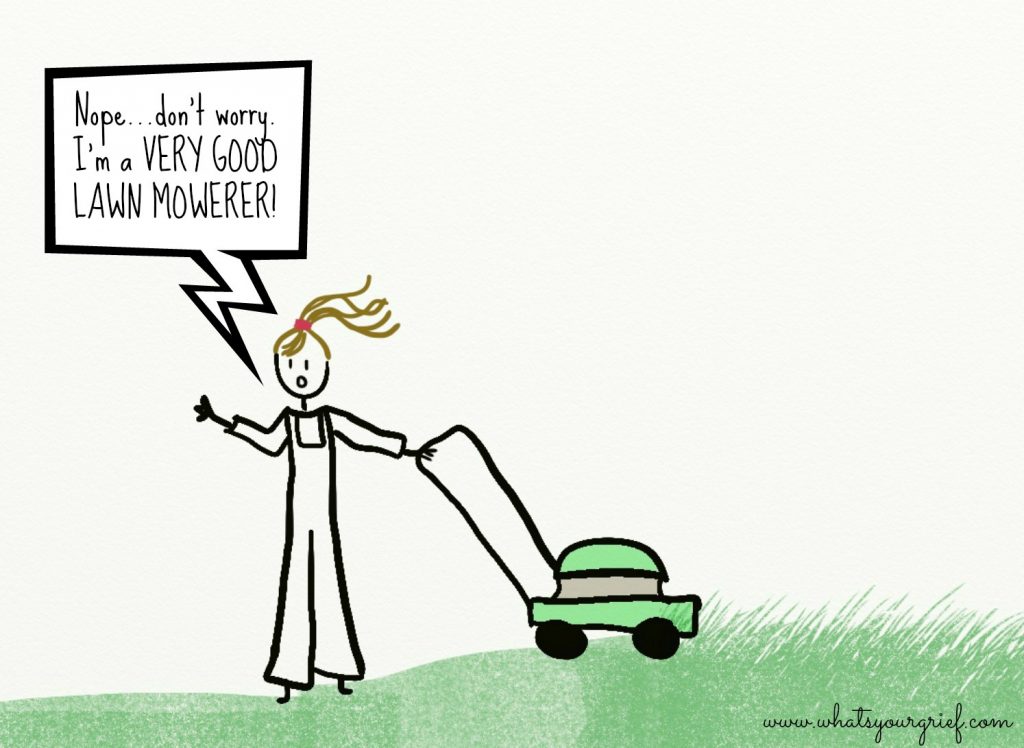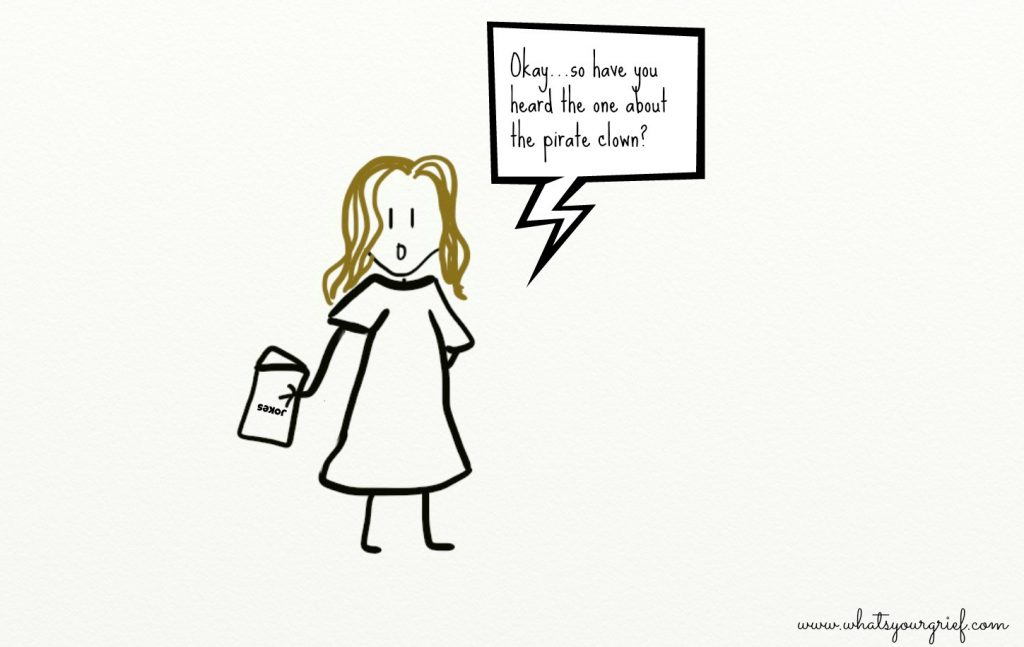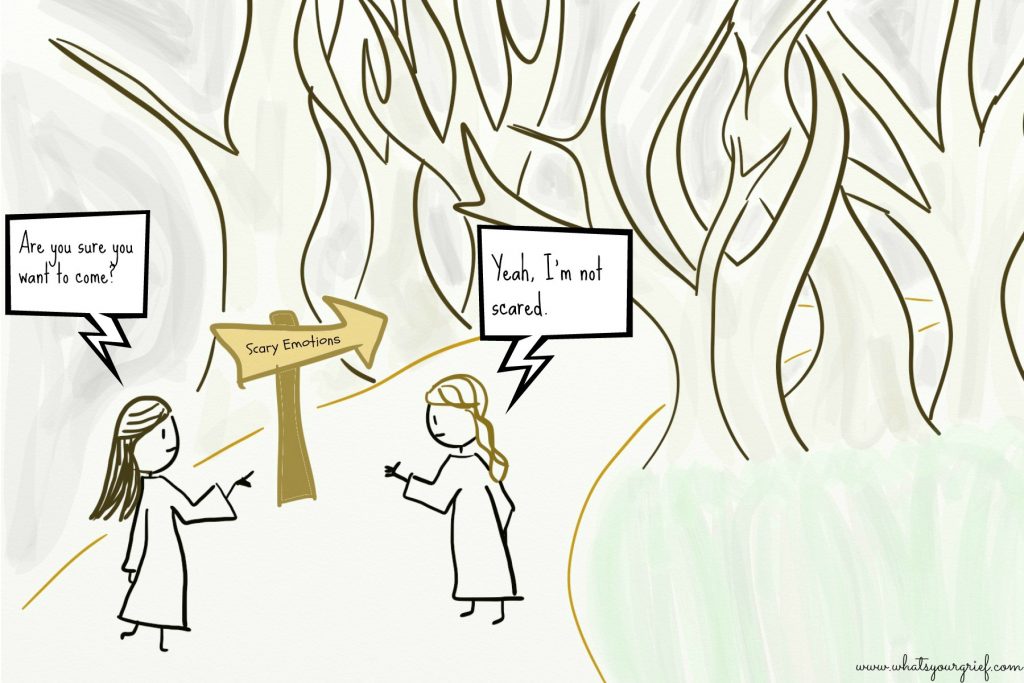News
How to Support a Grieving Family Member or Friend: 6 Principles
by Eleanor Haley
https://whatsyourgrief.com
It’s common to feel anxious and intimidated in the “grief support” role. This is one of the reasons why otherwise caring people sometimes say hurtful, minimizing, or unhelpful things to their bereaved loved ones and why they sometimes avoid their grieving friends and family members altogether. Hopefully, if nothing else, all of you reading this after Googling “how to support a grieving friend” will take solace knowing your fear is normal and (likely) not indicative of a personal problem.
Last month several of the people I love experienced the death of someone they love. I sent flowers, I wrote cards, and said “I’ll be here if you need anything” but overall I felt useless, ineffective, and unhelpful. I knew these friends and family members were entering the darkness of grief and that all I could really offer them was timid encouragement and the offer of support.

I started thinking about this reality (and drawing very bad stick figure cartoons about it) and ultimately decided to turn to our readers to ask for their perspective. I posted a question on Facebook and Instagram asking our readers what the best thing any person or people did for them in them in the days, weeks, months, and years after their loss. I expected to get a handful of responses, but instead we received close to 150.
Reading all these responses was an incredibly moving experience and it helped me to realize a few important things.
- There are a lot of awesomely supportive family and friends out there.
- The things people find helpful are very specific to who they are as people and to their unique circumstances.
- Having a good support system is never about any one person saying or doing the exact right thing. Rather it’s about having a network of support people who come together to help in big and small ways. And it’s the small gestures that are often most appreciated!
I’m sad we can’t share all the responses we received, but if you want to read the individual comments you can go here. Instead we’d like to share a few themes, or principles, that emerged as most helpful and supportive to grieving individuals.
1. Send something
In the past we’ve given flowers a bit of a bad rap because, while lovely to have at the services, (1) it’s difficult to know what to do with them afterwards and (2) flowers die and when they do they smell terrible. The truth is, though, I often send flowers when I feel that it’s appropriate. If you think the person would appreciate flowers, or if you think that you will be one of the only people who send them, then send them.
Now if you get the sense that many people will send flowers, you may want to think outside of the box. Some suggestions that people noted as especially helpful include sending/dropping off:
- Home cooked meals
- Remembrance items
- Food and home staples
- Thoughtful cards and letters
- Gift cards to somewhere practical or self-care related
- Items that belonged to the person
- Care box with self-care items
2. Offer practical support
People often need practical support after the death of a loved one for two reasons (1) because their deceased loved one used to handle certain things and fill certain roles and (2) because grief makes it hard to care about the minutia of day-to-day life. Ask yourself, what might my loved one need help with and what unique skills do I have to offer? If you find that you aren’t the best person to help fill a potential need, you might also consider purchasing a gift certificate so your loved one can hire someone at their own convenience (i.e. a cleaning service or a landscaper).

A few examples of helpful practical support that were shared include…
When a friend or family member…
- Leant a hand with little day-to-day tasks
- Helped with children or pets
- Helped the bereaved sort through a loved one’s belonging or helped to clean out a house
- Helped with yard work
- Cleaned the house
- Helped with odd jobs around the house
- Taught the person how to handle new tasks and responsibilities (i.e. finances, lawn care, childcare, etc)
- Sent meals
- Gave them a place to stay when they didn’t want to stay alone in their home
- Accompanied them on certain outings
3. Be there
Many people expressed that friends and family “being there”, physically and/or emotionally, was one of the most helpful gifts a person could have given them after their loved one died. To clarify, “being there” goes beyond a vague and non-comital – “let me know if you need anything”. Let’s be honest, this is often the last phrase someone utters before going MIA on their grieving family member or friend. Not helpful.

Examples of how to “be there” in a real way vary, but include some of the following:
When a supportive friend or family member…
- Physically showed up during the bereaved’s time of need
- Continued to check in on a regular basis via text message or phone
- Regularly offered a simple “I love you” or “I’m thinking of you”
- Shared meals with the bereaved when they knew they were struggling to eat alone
- Called just to talk
- Offered a real hug
- Offered a hanky
- Offered sincere and simple words of support and encouragement
4. Help them take a break
One of my favorite grief theories, the Dual Process Model, says that a griever will oscillate between confronting their loss and avoiding the loss. Under this model, seeking respite from grief is a healthy part of coping. This makes sense, right? Sometimes a person needs a little time to feel normal or to engage in activities that give them a boost of positive emotion. This being the case, it may be helpful to offer or encourage distraction; with the caveat that you should never push a person to minimize, move on, or forget their loss and with the understanding that their grief could overcome them at any moment (especially in the early days) and thats okay.

Some of the things that people noted as providing positive distraction include….
- Laughter
- Sharing positive memories of their loved one
- Taking them out for a meal
- Taking them to the movies or on other recreational outings
- Accompanying them to parties or other social gatherings
5. Be willing to “go there” with them
Something people often express their appreciation for is having friends and family who are willing to be present for the sad and uncomfortable moments without trying to fix them and without showing fear, discomfort, or judgment.

Being willing to “go there” with a bereaved individual can mean many things. A few noted examples include…
When friends or family members were willing to…
- Be present for the tears, anger, and outbursts without judgment
- Sit in silence
- Talk about the person who died – say their name, share memories, bring them up
- Just let the bereaved person cry
- Offer validation and/or normalize the experience
- Truly listen (without trying to offer advice)
- Accept the person’s grief months and even years later
6. Don’t forget
Part of being a supportive family member or friend is understanding that grief is, in many ways, a forever thing. Your loved one doesn’t just need your support in the immediate aftermath of loss, but also in the years to come. Days like anniversaries, holidays, birthdays, Mother’s Day and Father’s Day, weddings, and graduations may forever land somewhere on the spectrum of sad to bittersweet.

You can show your ongoing support for a grieving loved one by doing the following…
- Sending a card or checking in on the days you think may be difficult
- Recognizing that the certain times of year, like the time of year when their loved one died, may be difficult
- Continuing to share memories and to talk about their loved one
- Continuing to randomly (or regularly) check in with the person
- Acknowledging that happy days may be somewhat bittersweet
- Acknowledging that the person who died is always with them
Read more ar https://whatsyourgrief.com/support-grieving-family-member-friend-6-principals/

